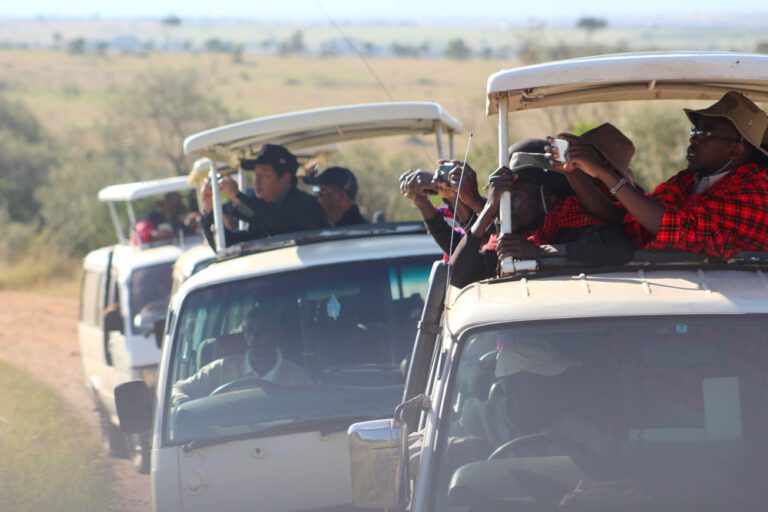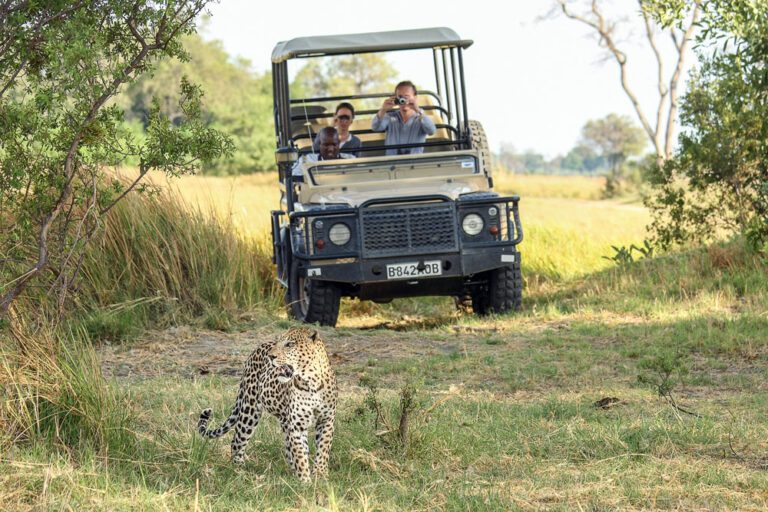What Not to Do on an African Safari: 15 Key Tips for an Incredible Experience
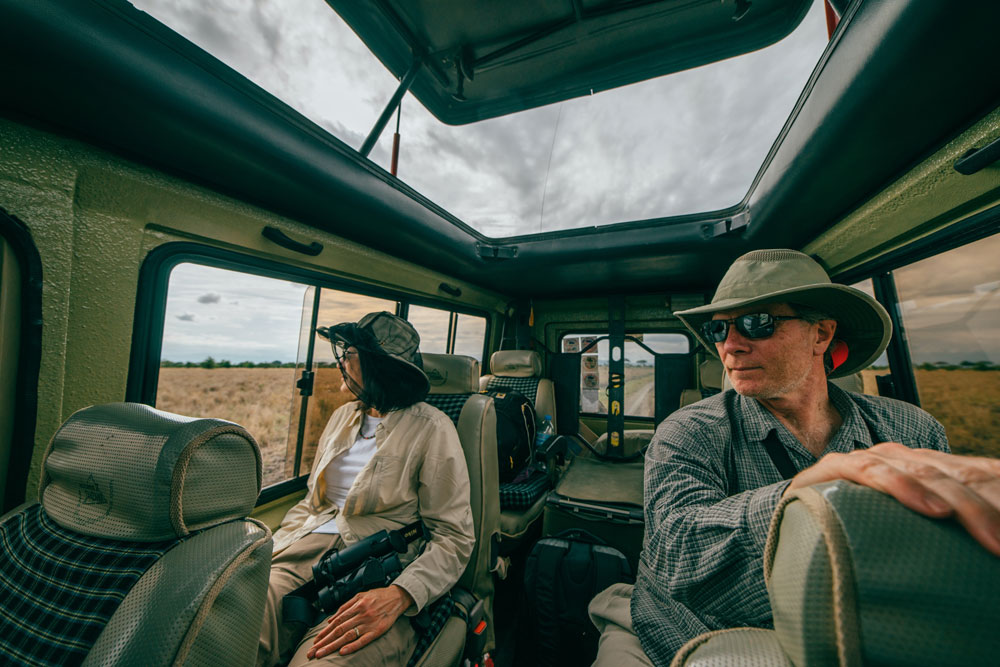
An African safari is truly a once-in-a-lifetime experience. Getting up close to incredible wildlife in their natural habitat is something you’ll never forget. From spotting the Big 5 to watching a dazzling sunset over the savanna, an African safari is a dream come true for many travelers.
But to make the most of your adventure, there are some important dos and don’ts to keep in mind. Follow these tips and you’ll be ready for an epic journey exploring the African bush.
In this post, I’ll cover the key things you should NOT do on a safari, based on advice from expert travelers. Avoid these mistakes and faux pas and you’ll have a safe, enjoyable, and memorable trip. Let’s get started!
1. Don’t Sleep In!
It can be tempting to sleep soundly in cozy safari tents, but getting an early start is key. Dawn and early morning hours are when predators are still actively hunting and critters are at their liveliest. You stand the best chance of witnessing epic animal encounters first thing in the morning.
Be ready to rise before sunrise for an invigorating cup of coffee and an early game drive when the bush is waking up. You can nap later in the afternoon when the midday heat slows the pace. Resist oversleeping or you’ll miss out on golden animal viewing opportunities in the early mornings.
2. Don’t Forget Proper Safari Attire

Dressing appropriately for a safari adventure is important for comfort and safety. Don’t wear black and dark colors that attract tsetse flies. Light beige, tan, olive, and khaki-colored clothing is best. Long pants and sleeves keep bugs away and sunburn at bay.
A wide-brimmed hat and sunglasses provide essential sun protection in the unrelenting heat.
Proper hiking boots or closed-toe shoes guard against snakes. Bring lightweight layers for chilly morning and evening temperatures. Clothing with hidden pockets keeps valuables secure.
While safari garb may seem bland, it’s vitally practical in the bush. You’ll be too enthralled by the wildlife to care about fashion anyway!
3. Don’t Overpack
When it comes to packing for a safari, less is always best. These adventures require minimizing belongings and being nimble. Large suitcases are not practical for moving between remote lodges and camps. Overpacking will also crowd the limited space in your safari vehicle.
Limit yourself to a carry-on size bag with versatile clothes that mix and match. You can re-wear safari outfits without issue thanks to the dusty conditions. Focus on light layers, neutral colors, hats, and sun protection. Don’t go overboard with toiletries, shoes, or accessories you won’t really need.
4. Don’t Forget Extra Camera Batteries and Portable Chargers
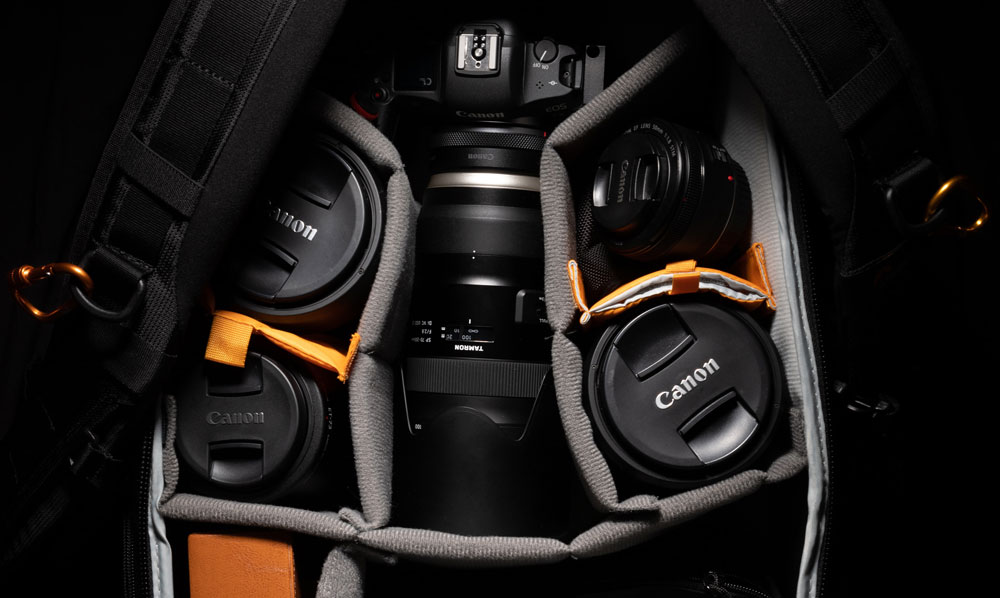
You’ll snap hundreds if not thousands of incredible photos on safari. When special moments happen, you won’t want your camera to die at the wrong moment! Bring more charged batteries than you think you need so you can swap them out and keep shooting.
Also, pack external battery packs to recharge devices. You likely won’t have access to electrical outlets in remote areas. With spare batteries and portable chargers, you can take photos nonstop and review them later. Don’t let technical issues interrupt the wildlife spectacle on your dream safari.
5. Don’t Expect a Smooth Ride
Safari vehicles are specially designed for off-roading through the bush, so don’t expect a smooth, paved highway. Roads and trails are dirt and extremely bumpy. You’ll feel like you’re on a rollercoaster at times! This bone-rattling ride is affectionately called an “African massage”.
Pack medication if you suffer motion sickness. Bring cushions for extra padding on the hard seats. The bumps and jolts are part of the adventurous fun. You’ll be so distracted by the incredible scenery and wildlife, you won’t mind the bumpy conditions. Just be mentally prepared for the unique driving experience.
6. Don’t Expect to See the Big 5 on Day One

Spotting Africa’s iconic Big 5 animals – elephants, rhinos, buffalo, leopards, and lions – is a safari dream. But don’t expect to go five for five on your first game drive! Seeing all of the Big 5 takes a combination of time, luck, and skill from your guides.
Some animals, like leopards and rhinos, are elusive and difficult to spot compared to the others. Don’t get disappointed if you only see a couple of the Big 5 during your trip. Focus on enjoying each incredible sighting as it happens. You’ll go home with amazing stories and photos even if the Big 5 remains incomplete.
7. Don’t Worry About Seeing Animals
First-time safari-goers often worry about NOT seeing any animals at all. Fear not! You are virtually guaranteed to see an incredible abundance and variety of wildlife. From graceful giraffes to massive herds of wildebeest, your days will be filled with one jaw-dropping sight after another.
Lions lounging after a meal, playful baby elephants, brilliantly plumed birds – you’ll see way more species than you can keep track of. Bring a good camera, binoculars, and a field guidebook to identify all the critters. A safari is a nonstop parade of incredible animals, so you’ll come home with more photos than you can process.
8. Don’t Feed the Animals
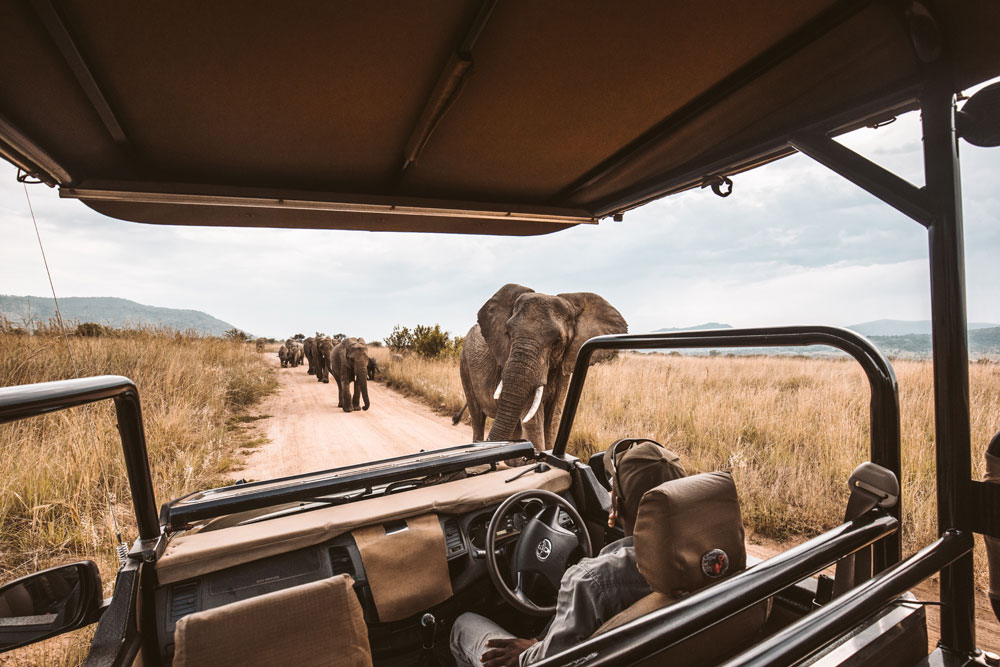
When you see cute lion cubs or a majestic elephant up close, your first instinct may be to offer them a snack. Fight the urge! Do not feed the wild animals under any circumstances. These are fierce predators and large powerful creatures that can seriously injure you, even if they don’t mean to.
Feeding wildlife also disrupts their natural behaviors and can make them dependent on humans for food. This causes all sorts of problems in the ecosystem. There are strict rules about not feeding or interacting with the animals for good reason. Admire and take photos from a safe distance in your vehicle.
9. Don’t Be Loud
Making noise will scare away the incredible wildlife you’re hoping to spot. Loud talking, shouting, and blasting music from smartphones or speakers is a rookie mistake. Keep chatter to a quiet minimum so your safari guide can point out animals and instruct you what to do.
This goes for your lodge or camp as well. Many animals are more active at night when you turn in. Keep noises to a minimum so you don’t attract unwanted creatures to your tent! Part of the magic of a safari is listening to nature’s quiet sounds as you fall asleep.
10. Don’t Expect a Toilet

When you gotta go, you gotta go! But don’t expect public restrooms and flushing toilets when you’re out exploring the bush. Stopping vehicles on safari is difficult and frowned upon, so be prepared to take potty breaks in nature.
Bring a roll of toilet paper and perhaps a plastic bag to contain used paper. Scout a private bush or tree and dig a hole if needed. It’s not glamorous, but it’s part of the safari experience! Be ready to go minimalist when it comes to taking care of business.
11. Don’t Wander After Dark
Nighttime brings new sounds and activity in the bush, but it can also be extremely dangerous. Many camps and lodges strictly prohibit wandering around unescorted after dark.
Predators like lions and hyenas are active and can easily mistake you for prey. Call staff to escort you if you must walk anywhere at night – even just to or from your room.
If you hear animal noises, notify the front desk right away. Never attempt to investigate animal sounds or intrusions yourself. It might be exciting to hear lions roaring up close, but stay safely in your room!
12. Don’t Expect Luxurious, Hot Showers
One area where you may need to lower expectations is hot water for showers. Lodges and camps often rely on solar power with limited capacity for heating water. Brief, lukewarm showers are common, especially at more rustic facilities.
Focus on quickly scrubbing the key parts and then getting ready for the next adventure. The cool water will briskly wake you up! Adjusting your mindset is important so cold showers don’t put a damper on your safari experience. Embrace it as invigorating instead of uncomfortable.
13. Don’t Assume It Will Be Rustic

When picturing an African safari, many envision pitching tents and roughing it in rugged conditions. But make no mistake – luxury safari experiences are available for those who desire them! You can sleep in a comfy king-size bed within an elaborate tent or hut with full bathrooms and delicious gourmet meals.
For a honeymoon or special occasion, upscale safaris provide exceptional service and amenities. You’re still surrounded by raw natural beauty and epic wildlife. The difference is you can view it all while being pampered with 5-star treatment.
Do your research to choose the style of accommodations that best fits your needs and budget.
14. Don’t Count on WiFi or Cell Service
Being off the grid is part of the safari’s escapist appeal. But it’s wise to set expectations before you go that WiFi and cellular service will be extremely limited, if available at all. Downloading content ahead of time is wise. Let loved ones know they may not hear frequent updates.
Some high-end lodges may have WiFi in common areas but likely not in individual rooms. Don’t plan to stream movies or make video calls back home.
Unplug and enjoy being present in the natural beauty surrounding you. You can catch up on social media later with incredible photos that will wow your friends and family!
15. Don’t Miss Out on Cultural Experiences

A safari is about so much more than epic wildlife. Don’t miss the chance to also experience Africa’s vibrant local cultures! Spending time in a traditional village with the Maasai people is a memory you’ll cherish.
Purchase handcrafted art and textiles at a market or fair trade store. Learn a few words in Swahili or the local language to bridge language gaps during unforgettable conversations with locals.
Partake in an African drumming circle or cook a traditional meal. The culture connects you to the place and people in powerful ways. Safaris aren’t just about animals – be open to all of Africa’s diverse wonders.
Key Takeaways
To recap, following these tips will help ensure a smooth, successful safari:
Following these simple guidelines will lead to an unforgettable adventure you’ll treasure for a lifetime!
Frequently Asked Questions
Here are answers to some common questions about African safari dos and don’ts:
Q. What should I wear on safari?
A. Wear lightweight, breathable fabrics in beige, tan, olive, and khaki colors. Long sleeves, pants, and closed-toe shoes are best. Avoid black and dark colors that attract insects. A hat and sunglasses are essential.
Q. What gear and supplies should I pack?
A. Bring binoculars, a camera with a telephoto lens, extra batteries, memory cards, and a portable charger. Field guides and maps are useful too. Pack sunscreen, hat, medication, cash, flashlight, and toilet paper.
Q. Should I be worried about dangerous animals at night?
A. Take precautions by staying in your room at night and calling staff if you hear concerning animal noises. But incidents are rare as camps have security measures in place. Overall, just use good judgment if you encounter wildlife.
Q. How close can we get to animals on a safari?
A. You must stay inside the vehicle at all times. It may get within 30 feet or so of animals, but guides keep a safe distance and assess behavior to avoid distressing them or endangering you. Animals in parks are used to vehicles.
Q. Can we feed animals like at a petting zoo?
A. Absolutely not! Do not attempt to feed, touch, interact, or get close to the wildlife. Observe from a distance for your safety and theirs. Breaking these rules can lead to fines or removal from the park.
Q. Is WiFi available on safari?
A. Maybe at luxury lodges, but sporadically. Internet is very limited as most camps are in remote areas. Download anything you need beforehand. Don’t expect to post tons of social media updates in real-time.
Conclusion
An African safari is a travel dream, and by avoiding these common errors, you’re sure to have an amazing experience. Follow these tips, embrace the unpredictable adventure, and enjoy each magical moment in the African bush. From spectacular sunrises on early morning game drives to nights spent stargazing by the campfire, your safari will create lifelong memories.
Have you been on a memorable safari? What tips do you recommend for first-time safari-goers? Share your wisdom in the comments!




